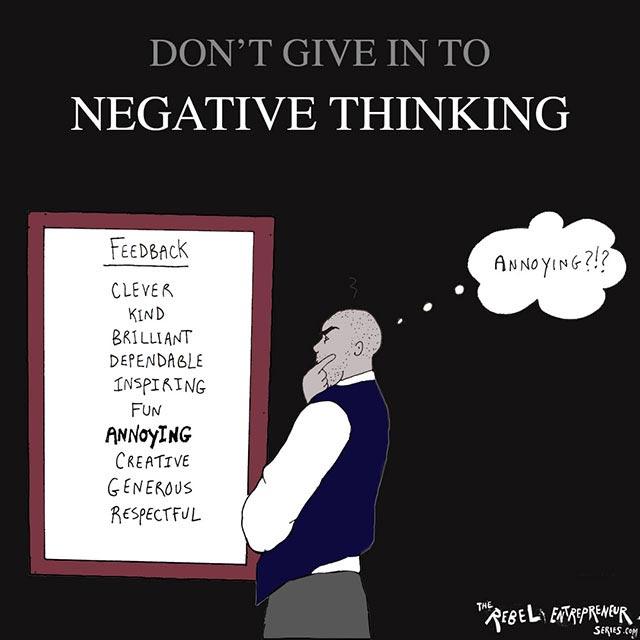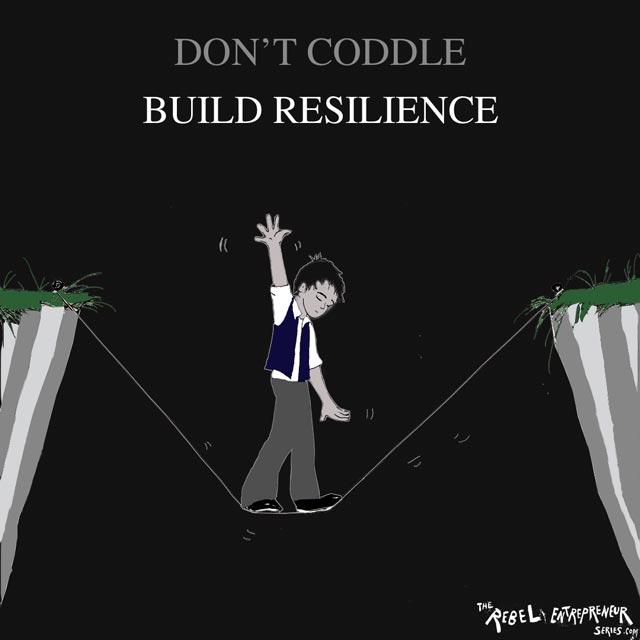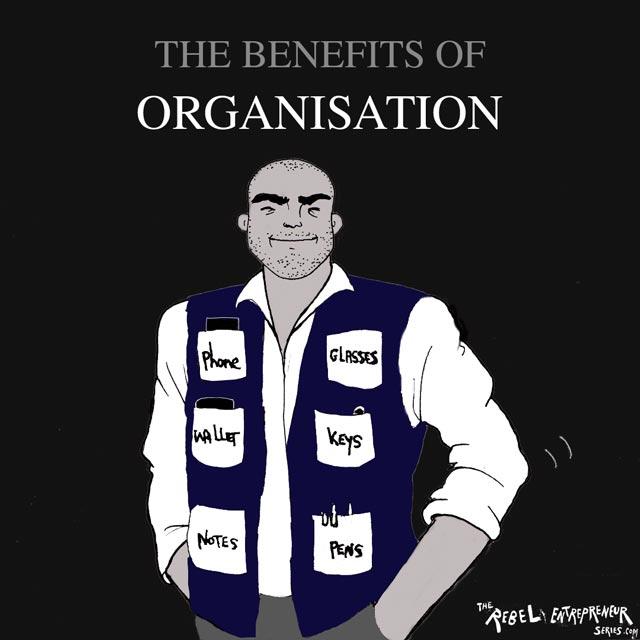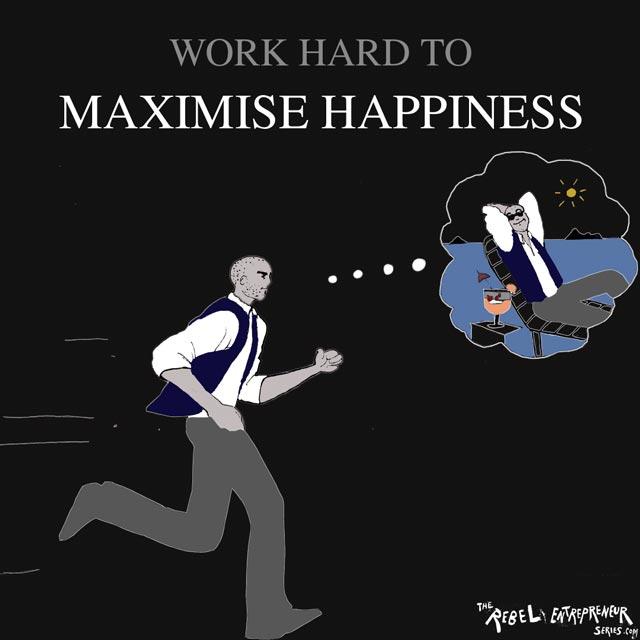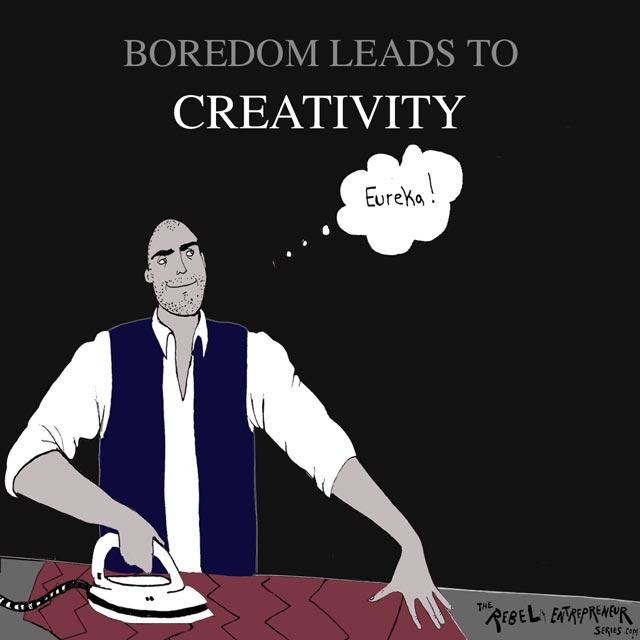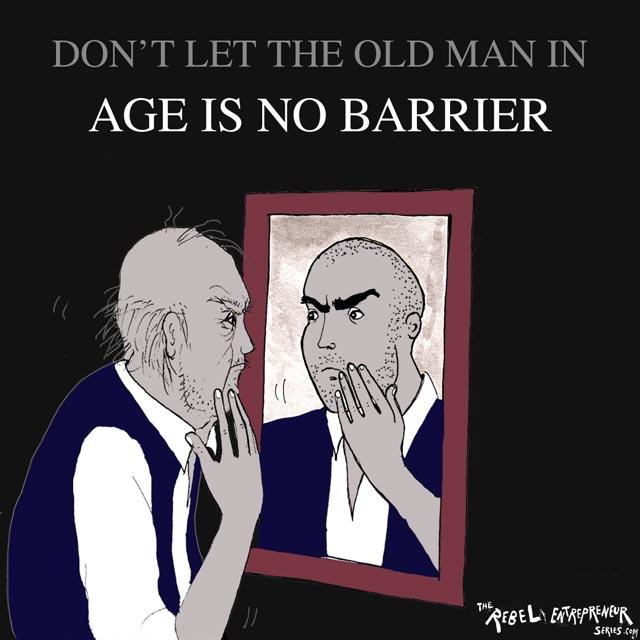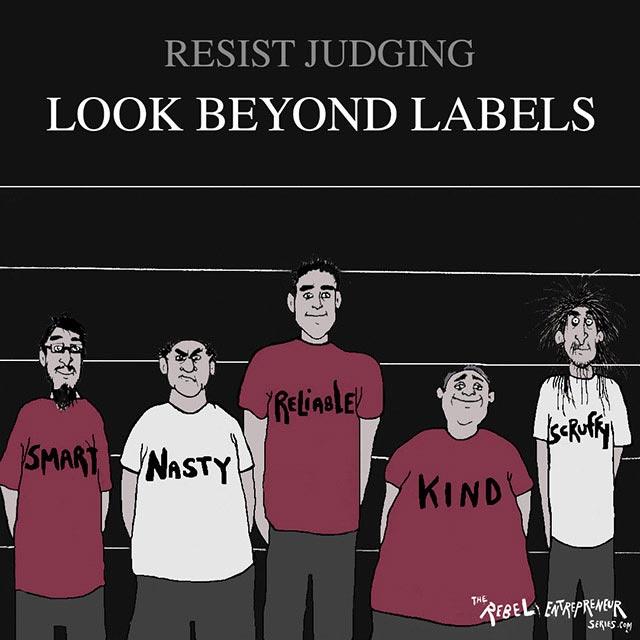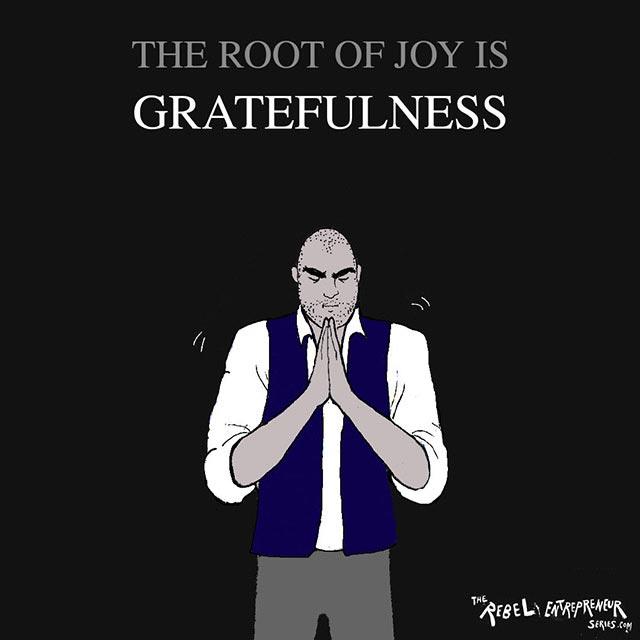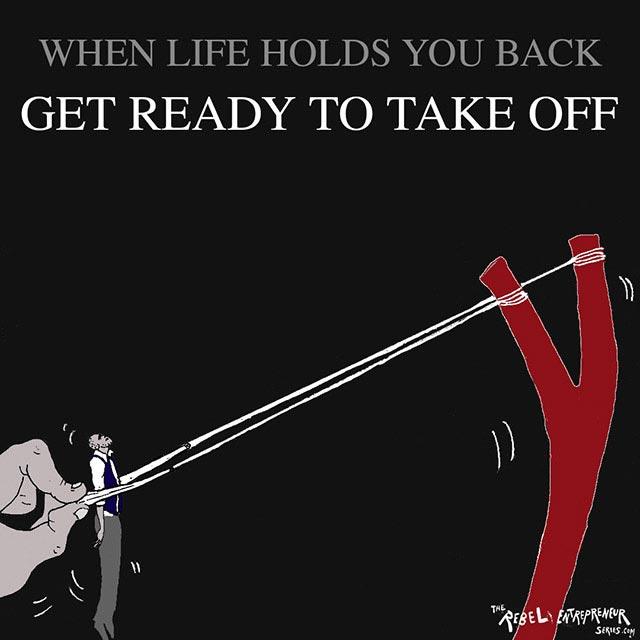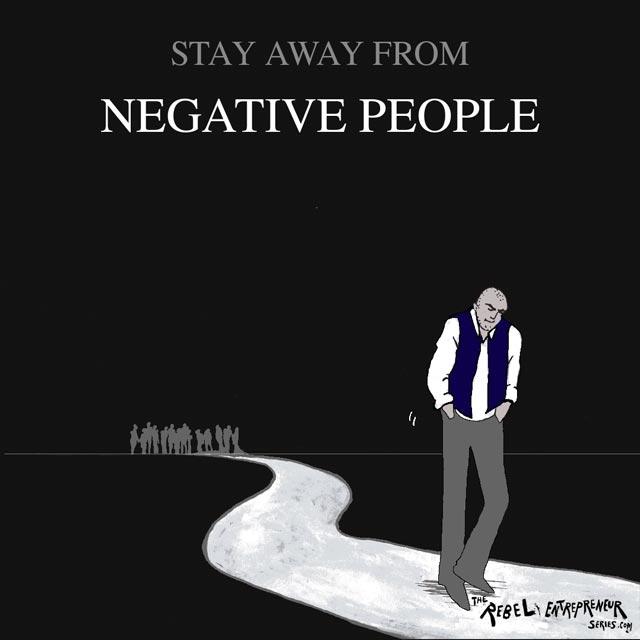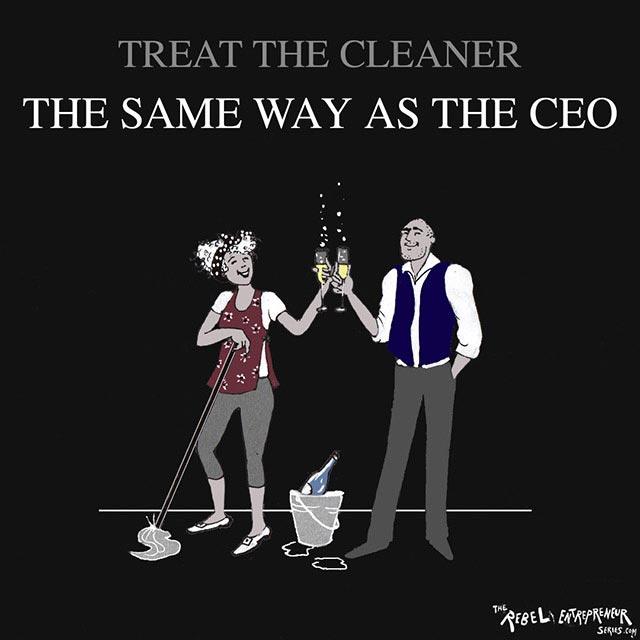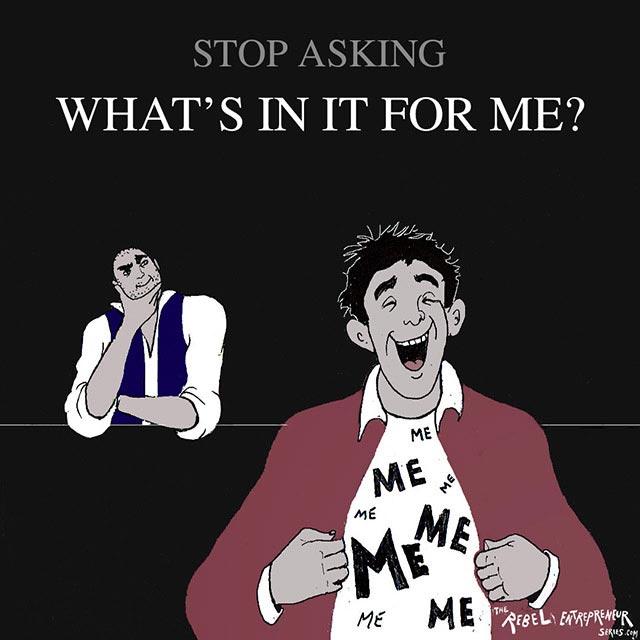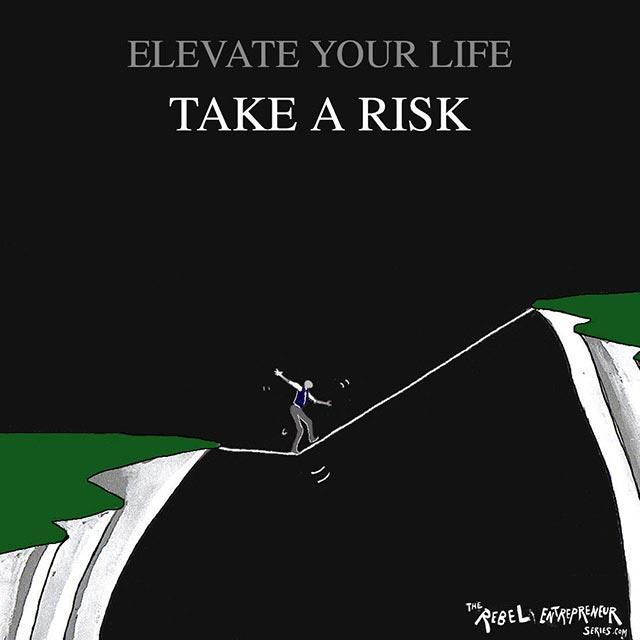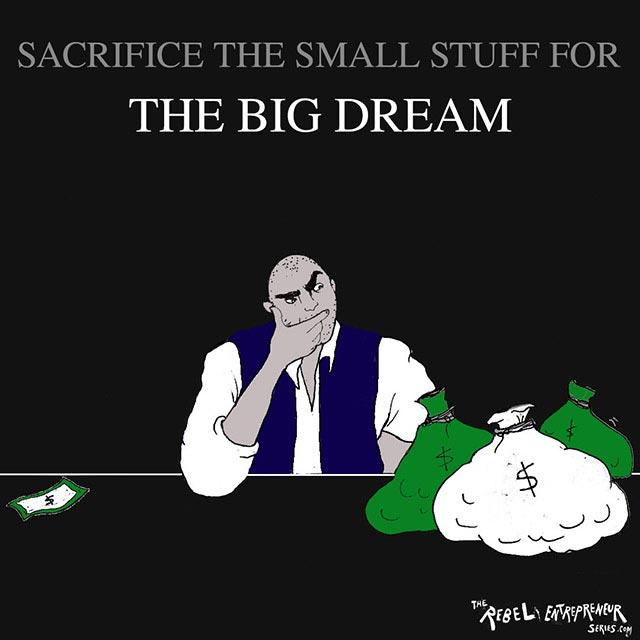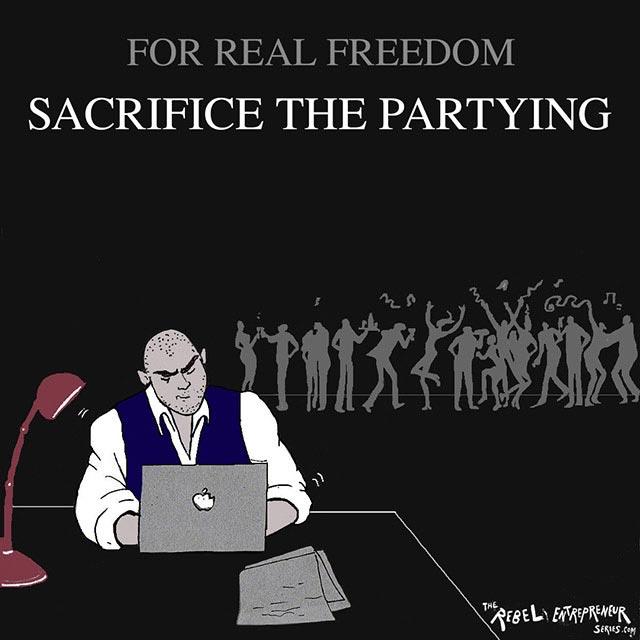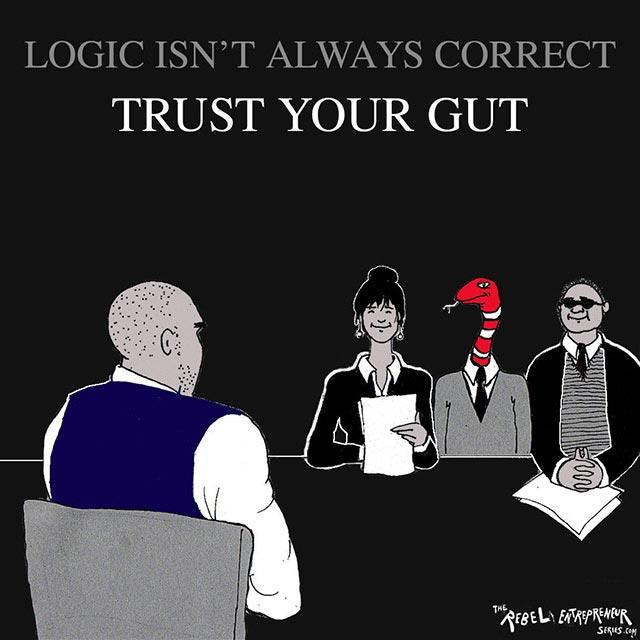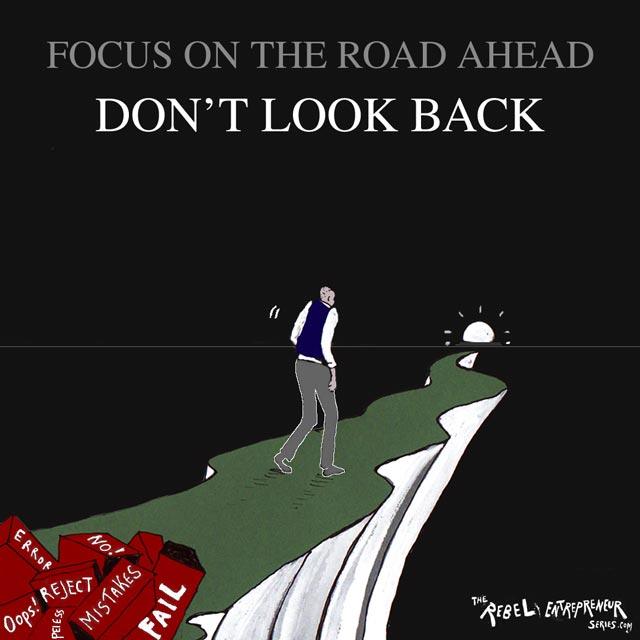Article 006: Good or bad is perception
There was once a farmer, whose stallion was his most prized possession. He took excellent care of the animal, until one day, the horse ran away. His neighbours visited the ranch to offer their sympathy. One said “Isn’t it terrible to have invested money into the horse, only for him to vanish?”. The farmer answered with a simple “Maybe”. A few days later, the beloved stallion returned to the ranch, bringing with him a pack of wild horses. This time the neighbours offered congratulations, and asked if he considered himself lucky. Again, the farmer responded with “Maybe”. In the coming days, the farmer’s son trained the new horses, until one of them kicked the young man, instantly breaking his leg. Left with an injured son to care for and without any help on the farm, the neighbours came around to offer their condolences at what they had labelled a terrible situation. To this, the farmer simply said “Maybe”. Soon, a war broke out in their country, and an officer came to the town to conscribe young men for service. When he saw the farmer’s injured son, he pardoned him. The neighbours told the farmer how lucky he was that his son didn’t have to enlist. Again, he simply told them “Maybe”.
The parable of the farmer, which has its origins in Taoism, is estimated to be over 2,000 years old. The story has been used by philosophers as a means of understanding that investing in absolutes is a pointless exercise. Eastern theologists have looked to this parable to highlight how ‘good’ and ‘bad’ are simply ways in which our minds label and categorize situations. However, if we resist this labelling we can, like the farmer, look at any situation from a larger perspective, and with the understanding that situations are only good or bad if we label them as such. Often, when we reflect on something that seemed bad at the time, it turns out to be a blessing in disguise. The point here is not to judge too soon and ask yourself “What’s good about this?”
In acknowledging this, we can prepare ourselves for any situation. If a rebel entrepreneur taps into this knowledge, they can stop themselves from being consumed by self-pity or victimhood. If they resist judging situations in terms of absolutes, they can live in the moment and, subsequently, find peace.
PLEASE LIKE HERE
